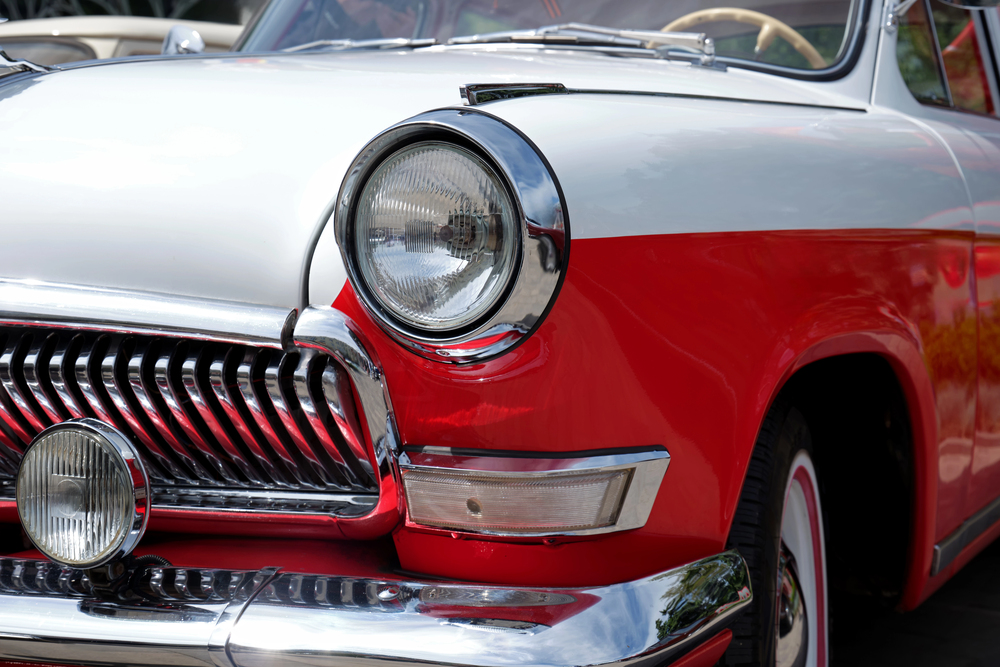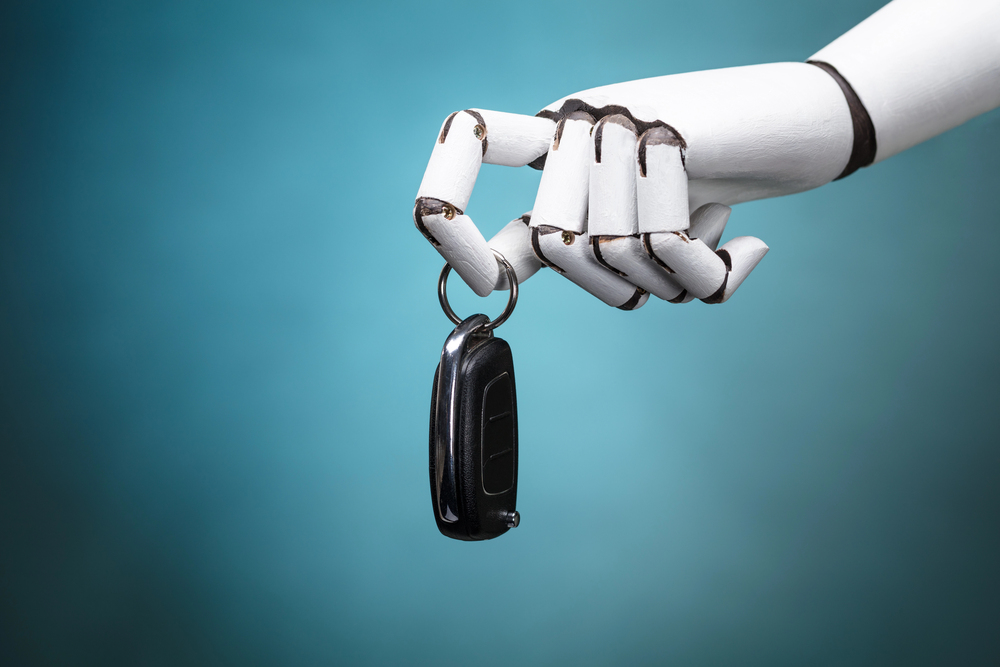Entrepreneurial Spirit: Can Commercial Auto Keep Up?

By: Will Jones
The gig economy is taking the U.S. employment market by storm and skewing statistics left, right and center. Moreover, it’s affecting every industry including agriculture, finance, media and more. These trends are affecting how the insurance industry insures the workers, their property and other liabilities.
More than one-third of U.S. workers participate in the gig economy either for their primary income or to supplement it, which works out to approximately 57 million people, according to Forbes. In particular, gig-economy workers using their cars to provide services—whether its delivering goods, transporting people or leasing out their vehicle—creates major complications to the way insurance is sold.
One of the biggest coverage gaps that agents must watch is “making sure clients participating in the gig economy are covered properly for any exposure outside of the coverage provided by the platform,” says Mike Miller, commercial lines business leader at Progressive. “In some cases, a personal lines policy that is properly endorsed can provide the needed coverage, while others may require a commercial policy. Agents need to ask some probing questions about the use of the vehicle to prevent any gaps in coverage or surprise deductibles.”
While there has been a huge amount of discussion surrounding the likes of Uber, Lyft, DoorDash and others, a frequently overlooked segment of the gig economy is “the last-mile delivery space,” Miller says, a method of delivery which is utilized by the commercial giant Amazon, particularly for their Amazon Prime services. For agents, this represents an opportunity.
“Trucking companies are utilizing different models to meet the demand of online retailers and delivering small packages to homes,” Miller says. “Understanding the options and best insurance coverage, be it a primary expediter policy, small fleet coverage or a combination provides agents an opportunity to offer solutions for a hard-to-place, emerging segment.”
“Society is providing us with coverage gaps—or contributing to them,” says Joyce Sigler, systems intelligence manager at Jones & Wenner Insurance Partners in Fairlawn, Ohio. “The coverage gaps are a result of our inability as an industry to move quickly enough to understand what’s happening.”
“If I’ve got five people that want to deliver for Amazon, I can’t move quickly enough to write them and find markets that are comfortable with that appetite because appetites are changing so quickly,” she says. “Society is making these appetites change so radically fast that we as an industry have a hard time keeping up with it and understanding the exposure.”
Another example is the rapid rise and popularity of food trucks. In 2010, there were around 7,500 food trucks in the U.S., according to IBIS World. Today, there are more than 25,000. Food trucks represent another opportunity for agents in the commercial auto space and provide another example of “innovative individuals that are thinking outside of a box that we need to be able to react faster towards,” Sigler says.
However, the realities of a hard commercial auto market mean that there are still difficult conversations to be had. “The biggest things are still things like consumer education and due diligence,” Sigler says. “Everyone wants to make a dollar with their idea but I’m going to ask clients 100 questions and it’s going to be way more expensive than they think. As an industry, we need to fight from both sides to win where we need to win.”
Will Jones is IA managing editor.
The Big “I” is offering a free 30-minute webinar—”Coronavirus, Auto Exposures and Food Delivery”—to address several auto insurance-related questions the Big “I” Virtual University team has been fielding.
The webinar is now being offered both on-demand and online every day at 11:30 a.m. ET now through Tuesday, March 31. Watch the webinar immediately, or register for a date that fits best with your schedule.










